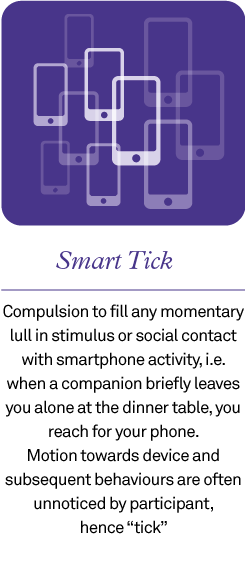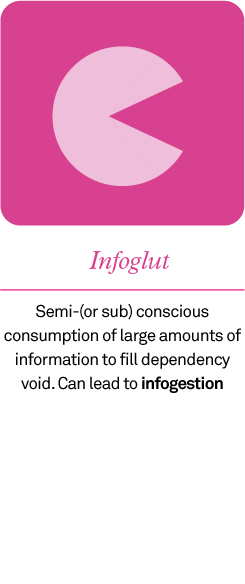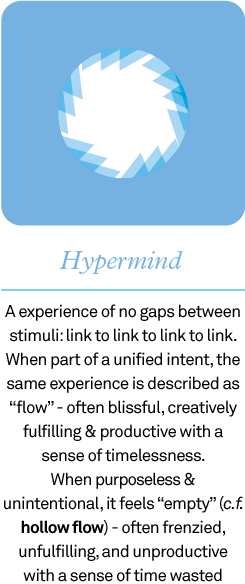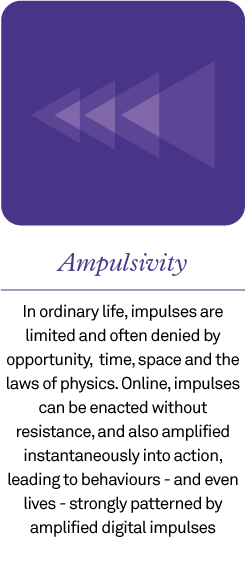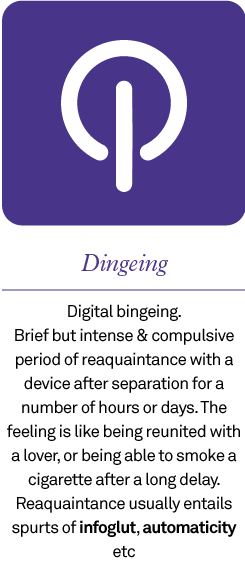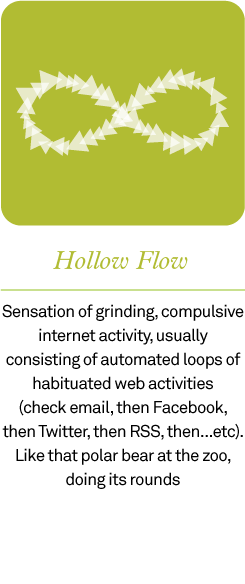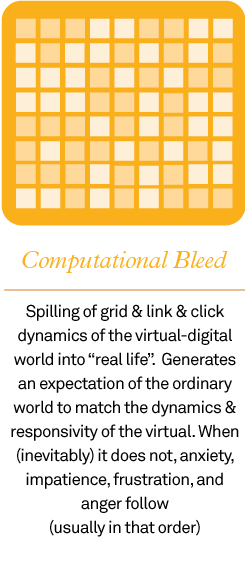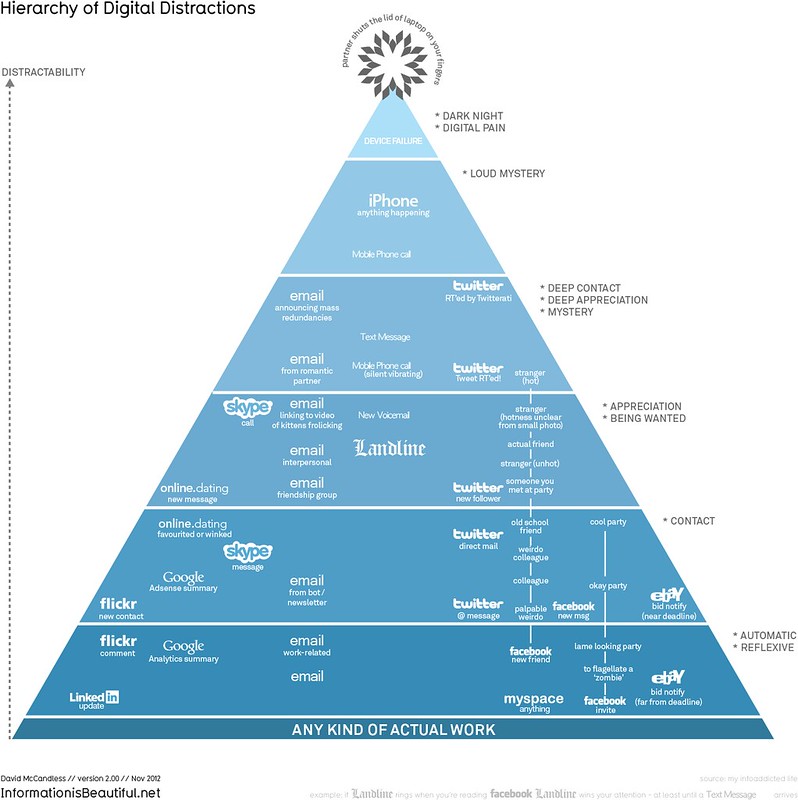Η εντεκάχρονη κόρη μου διαβάζει μανιωδώς ετικέτες. Όλες τις ετικέτες, ολόκληρες, σε όλες τις γλώσσες (ακόμη και αυτές που δεν ξέρει, αρκεί να έχουν οικείο αλφάβητο). Φυσικά διαβάζει επίσης βιβλία, κόμιξ κλπ. Προχτές πέρασε όλη της τη μέρα διαβάζοντας, γιατί ήταν αργία, εγώ δουλεύω συνέχεια και ο μπαμπάς της επίσης είχε δουλειές. Της λέω: - Αν θέλεις μπορείς να ανοίξεις το λάπτοπ να περάσεις την ώρα σου. - Τι να το κάνω; - Να βρεις πράγματα στο ίντερνετ. - Τι πράγματα; - Ξέρω κι εγώ; Ό,τι σε ενδιαφέρει. Τι σε ενδιαφέρει; - Τα βιβλία.
Ουγκ. Το παιδί μου είναι ανώμαλο.
Της είπα φυσικά ότι μπορεί να βρει ΚΑΙ βιβλία στο ίντερνετ. - Και μετά τι θα τα κάνω; - Θα τα διαβάσεις. Στον υπολογιστή. - Μα αφού έχω αυτά που διαβάζω στη βιβλιοθήκη.
Από πουθενά δεν την πιάνεις.

